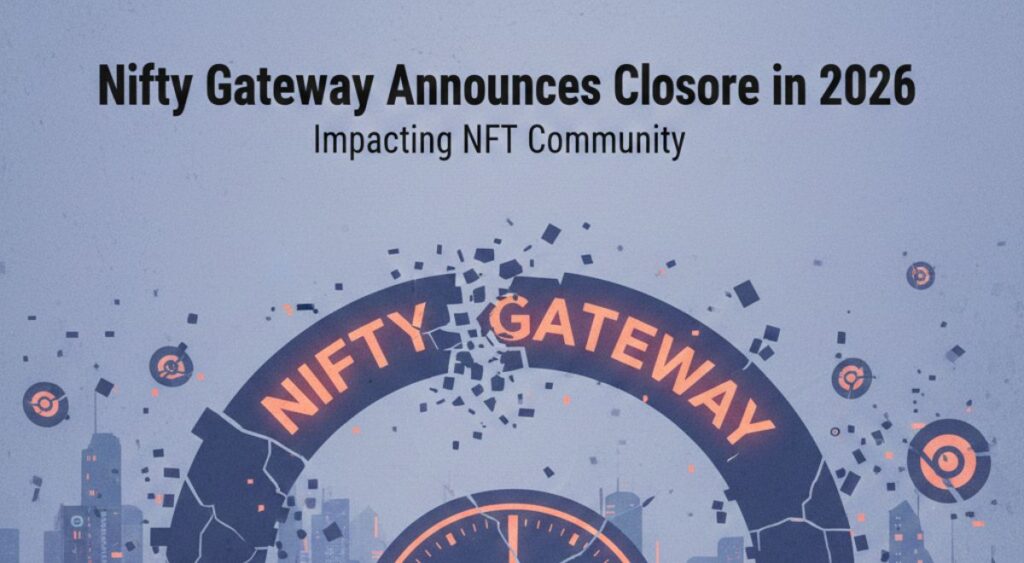The universe of cryptocurrencies is continuously growing. Presently, the market capitalization of the global cryptocurrency market is steadily approaching $2 trillion. As with traditional financial markets, a key driver of the growth of crypto markets, both in volume and value, is the ease of buying, selling, and swapping cryptocurrency tokens. One of the key enablers of liquidity in cryptocurrency markets today is decentralized exchanges.
What is DEX?
A decentralized cryptocurrency exchange is popularly referred to as a DEX. It is a virtual marketplace where cryptocurrency traders can transact tokens on a peer-to-peer basis. DEXs are typically built on the back of blockchain infrastructure that supports smart contracts. More so, the most popular DEXs have been built on the Ethereum blockchain.
The DEX Process
The process of using a DEX is straightforward. The user first decides the network they would like to use. This is after having considered key factors such as transaction (gas) fees. Next, the user chooses a wallet that is compatible with their chosen network. Then, funds the wallet with the native cryptocurrency token of the network. The best wallets interact easily with decentralized applications and may have mobile applications. Trustwallet, MetaMask, and Mathwallet are examples of popular DeFi wallets. Having funded the correct wallet, the user can then connect their wallet on a DEX website using the ‘connect wallet’ button or appropriate pop-ups.
DEXs have gained significant popularity over the years. They recorded over $1 trillion in combined transaction volume in 2021 alone. Additionally, the number of DeFi traders globally grew 40x to over 4 million between 2020 and 2022. In the Middle East, DeFi has been gaining interest among traditional financial institutions. This is due to key advantages such as greater transparency given the absence of intermediaries, transaction security, and lower fees. This increasing interest has also watered the ground for startup activity. An example is Rain Financial, a cryptocurrency exchange based in Bahrain that recently raised $110 million from investors.
Top 3 Decentralized Crypto Exchanges
The top 3 decentralized crypto exchanges, according to market share, are Uniswap, dYdX, and PancakeSwap.
- UniSwap: UniSwap is a decentralized protocol that attempts to solve the problem of high spreads on regular centralized exchanges. It does this by enabling every trader to be a market maker. UniSwap’s major downside is that slippages sometimes occur with large orders as transaction fees increase significantly with transaction volume.
- dYdx: This is a decentralized protocol that is secured by the Ethereum blockchain. dYdX stands out due to its offering of margin and perpetual trading, which enable users to leverage up to 100x on their trades. dYdX also offers no gas fees on most transactions involving asset swaps and perpetuals trading.
- PancakeSwap: This exchange is an automated market maker that is able to offer cheaper and faster transactions because it runs on Binance Smart Chain (BSC). On the side, PancakeSwap offers yield farming and lotteries.
At present, DEXs presents an interesting combination of challenges and risks. They provide access to a greater pool of cryptocurrencies than centralized exchanges due to much lower KYC requirements. Additionally, they ensure anonymity. This is because no personal information is required to use most DEXs. They are also secure due to lower hacking risks as funds are stored in the users’ wallets.
On the flip side, the abundance of unvetted cryptocurrency tokens on DEXs puts users at greater risk of fraud and scams. Finally, smart contracts on DEXs may occasionally have bugs that could make the DEXs exploitable by bad actors.
















